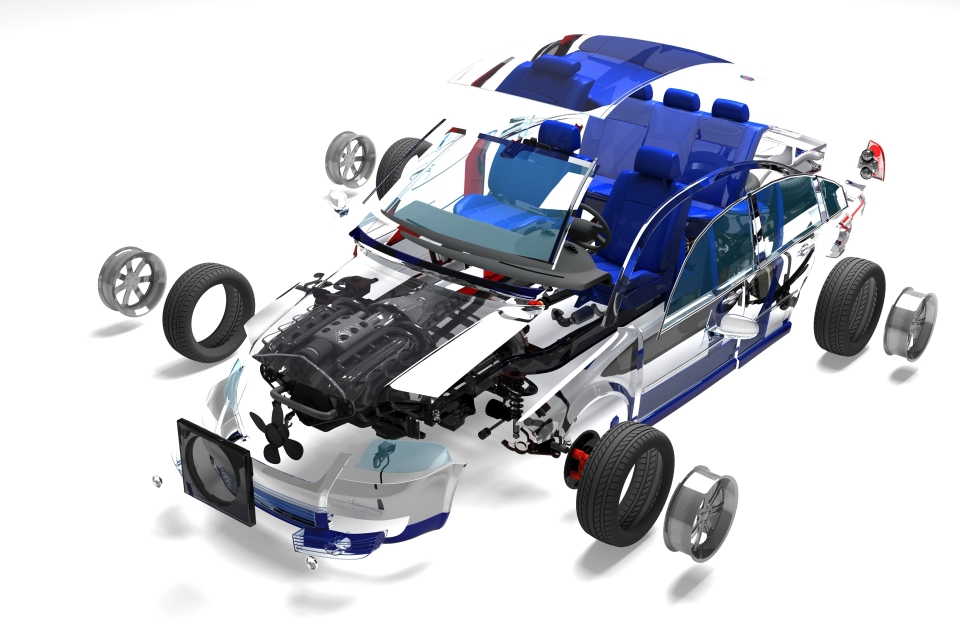Automotive Supply Chains Face a long Road to Recovery
2020/06/08 | By CENS
The Covid-19 pandemic has hit the automotive industry hard. US car production in March was 1.7 million units, down from 2.62 million the previous month, and European output was down by at least 1.2 million vehicles by late April.
The WTO, which predicts global trade to shrink this year, foresees the most pronounced contractions in the electronics and automotive sectors. Indeed, US auto sales were almost 40% off the pace in March. In China, vehicle sales fell as much as 80% in February.
Projections for the remainder of the year are grim. Meticulous Research predicts a 12-15% dip in global sales for the year, which translates into a $5.7bn impact on the auto industry.
These numbers are in stark contrast to projections last summer – with corresponding ramifications for the automotive logistics sector.
The complexity of these supply chains – thousands of parts from a multitude of suppliers – is a massive headache. Many involved are small firms, and it is unclear how many of them will have survived the crisis – the loss of a few small manufacturers can paralyse vehicle production. In February, Fiat Chrysler announced a temporary halt in car production in Serbia, as it was waiting to get parts from China.
And the US restart looks set to be hampered by the ongoing lockdown in Mexico, which is a major supplier of parts. Some pundits have warned that it could take months for auto supply chains to be fully functional again.
What complicates the process further is that the industry was already in a transition process before Covid-19 struck: partly the result of the slow transition to electric and hybrid vehicles and partly due to changes in production with the accelerating introduction of new technologies like drones and AI-based mapping.
These developments will likely reinforce the automotive industry’s growing reliance on 3PLs, which have assumed a larger role as carmakers have looked to streamline their logistics, according to Global Market Insights.
They may have a balancing act on their hands. In the wake of the US-China trade dispute, the impact of Covid-19 has reinforced misgivings about global supply chains, giving rise to warnings that the emphasis on cost reduction and speed, which had so far prevailed, must be balanced with a strengthened focus on safeguarding against such disruptions.
On the other hand, manufacturers are eager to leverage strengths in some regions for other markets. One airline executive reported a relatively steady stream of test vehicles moving between Brazil and Europe and noted that the South American market was characterised by smaller, lighter vehicles with lower fuel consumption, which could be of growing interest for European buyers.




